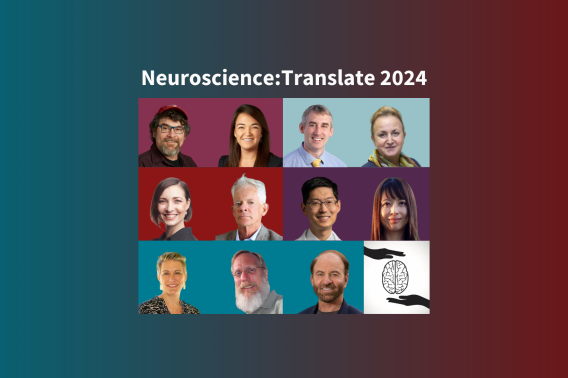Project Summary
Cervical spinal cord injury (SCI) severs the neural tracts responsible for sensory and motor function, and there is no cure. We have designed a therapy to treat cervical SCI that includes patient-derived cells delivered in an engineered gel through direct injection into the injured spine. Specifically, human induced pluripotent stem cell derived-deep cortical neurons (hiPSC-DCNs) are delivered in our engineered, patent-protected gel (SHIELD; Shear Thinning Hydrogel for Injectable Encapsulation and Long-Term Delivery). We have demonstrated that our therapy improves functional recovery in multiple rodent models of SCI. As we move towards first-in-human trials, one major draw of hiPSC technology is the potential for autografts. However, it is unclear if differentiation protocols and hiPSC therapies will have the same functional efficacy across individuals, given the extent of human genetic variation. Therefore, as a critical next step, we propose evaluating (1) in vitro differentiation efficacy and (2) in vivo functional efficacy of our therapy using patient-derived lines from males and females of different racial backgrounds. The results from this work will help to prepare our autologous therapy for first-in-human clinical trials.
Project Details
Program:
Funding Type:
Neuroscience:Translate Award
Award Year:
2024
Lead Researcher(s):
